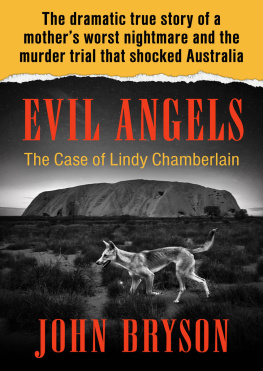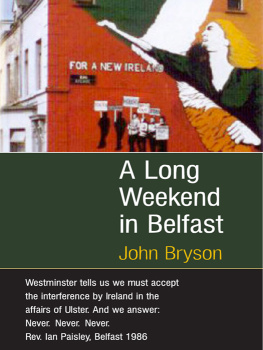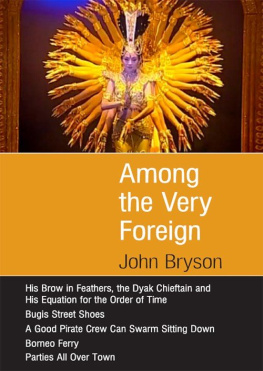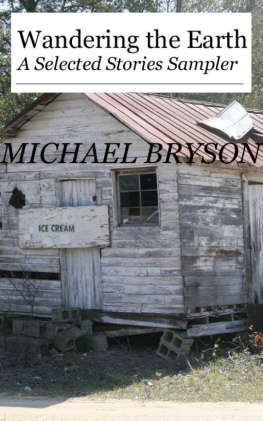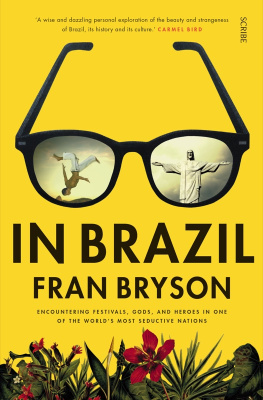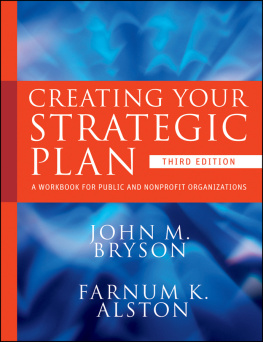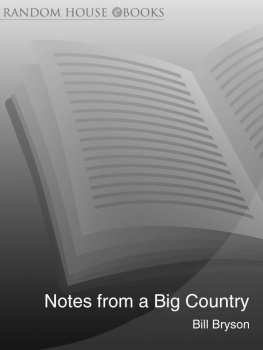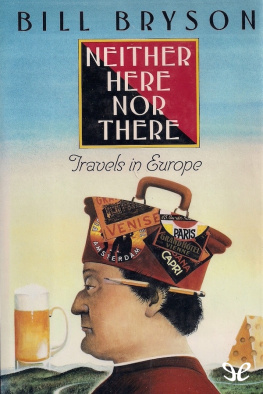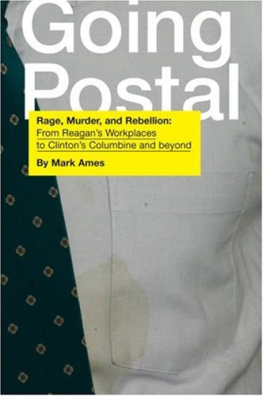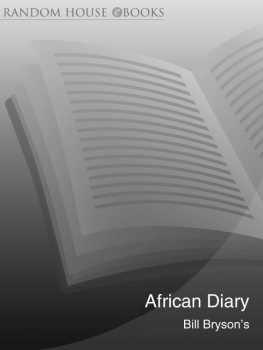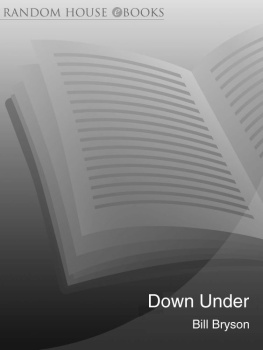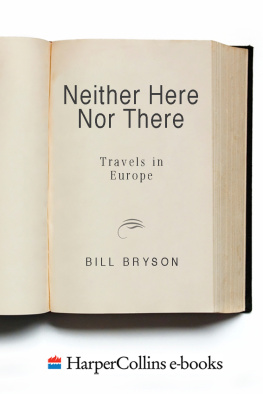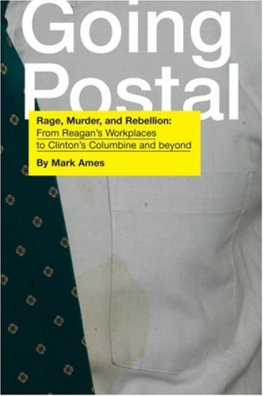Backstage at the Revolution
TWO MINUTES BEFORE SHOWTIME backstage, all exits close, all light and all sound seem to extinguish at the same stroke, except for the quieting audience beyond the curtain, whose murmurs carry like noises at night. A circle of blue gel comes aglow in the rafters, and lights the waiting dancers, on shoulder and thigh, like moonlight. The warriors assemble of stage right, the women at left, intent on breathing and composure but aware also of the time, because they have asked that the performance tonight begin precisely at eight, since this is noon at the prison in Pretoria, and the last full day in the lives of the Sharpeville Six, whose names the players would like written here before their own: the woman Therese Ramashanola, the men Malebo Mokoena, Oupa Diniso. Duma Khumalo, Donn Mokhese, Mojalefa Sefatse, all on Death Row.
At the first hush of the audience, drum-beats begin the overture, fierce and splendid rhythms which the blowers of elk horns and of trumpets lift and unfurl, a musical banner of revolution. The conductor is directing musicians and choir from dark centre stage. Over the last chord he raises his arms high, holding silence itself aloft. A village girl, carrying an urn, runs barefoot from the wings to the centre of a column of light. She kneels here. As the curtain lifts she mimes, to sprinkle water, to gather grain. The choir offstage draws breath. The first word of their hymn will ring out her name. The audience cant see this but, offstage, every singer has a fist raised in private salute of her. She is strong, dark, abundant, graceful. She is Africa.
SIGHTSEEING AROUND THE CITIES, the headgear the troop prefers is a black beret, sometimes matched with a plain white shirt of a cut familiar to schoolchildren. This is a costume of some eloquence in South Africa. Most of the Amandla troupe were in secondary schools in Soweto in seventy-six. Those were days in which African students began street demonstrations against the Bantu Education Program, and against the banning of regional languages in the classroom. A poet from Pretoria, Bachana Mokoena, who was a student leader in those days, later wrote:
I revolted
And you displayed my corpse
To the glare of African Gods
and by the corpse he collected all of the children executed then to the one tribute, with African Gods he spoke of power beyond death. Amandla means power and Bachana, in exile now, is the manager of the Amandla Ensemble, the cultural wing of the African National Congress. He is now its commanding officer, stocky and preremptory, with cheeks which show the scars of very rough times.
Other parts of him show the scars of electrodes. He was sixteen when he was first taken to prison for questioning. His interrogation lasted long enough that in the midst of it he spent six months in solitary confinement. He was then a member of the SA Students Organisation. I thought I was simply a schoolboy organising classmates, until the Boer interrogator told me this, unless I confessed to being ANC he would find a rifle to produce in court, and after that they had me as long as I lasted.
It seemed to Bachana he might better be ANC rather than a high-school student, the risks were evidently identical. When they threw him out he walked for the border, using the nights particularly well since he spent twenty weeks in compulsory darkness. He left the country because he knew he was tailed. Anyone who greeted me in the streets would be arrested. Although Sotho is his first language, and he considers Zulu his second, he has no difficulty finding the metaphor he wants in English: if I was to be, you know, some manner of black isotope. He climbed the border fence behind a passing patrol on 4 October 1978. He jumped down into Botswana. He remembers the sun was coming up.
IN AIRPORT LOUNGES they draw onlookers, for it seems to them that these places are as convenient as any other to practice a new dance step, or put together some tricky melody for tin flute and a half dozen voices. At Araluen, in Alice Springs, Jennifer Motua delighted people waiting for a bus, as she bent double and fanned her fingers at high speed either side of her rhythmic buttocks, evaluating the saucy reflection in the glass doors. She was being a honeybee. In a lounge bar at Gove, the show centred around the wind-players whose ambition was to draw musical sense out of a didgeridoo.
These venues present an audience, and they decided long ago that the performance might be useful as political drama. The site of thirty Africans in Isolate Apartheid T-shirts is arresting enough for most Western cities, but those airport commuters in Berlin, Gothenburg, or Sydney, who watched a black man board a flight trailing iron manacles from the ankles and fetters at the wrist might carry the memory a long time.
In Darwin the manacled figure was provided by Sizwe Mkhonza, whose more routine job is stage manager. While they were waiting outside for the baggage trolleys, one of the dancers, Selina Binda who is from the Transvaal, took up an offer of friendship from a lost cattle-dog. It had broken away from tethering somewhere, and still wore the remnants of a chain around its neck, which it was trying to shake off. The possibilities here were a joy to Selina. Hey, Comrades, she called, this dog is in solidarity with us.
APPLAUSE INVIGORATES THEM, as it does performers everywhere, and come midnight late in any week they head for the nightclubs. Music travels continents at a speed which has something to do with the velocity of sound, and Soweto musicians are in high demand at jazz clubs anywhere, any time. In Toronto, they joined a late night session, following the Belafonte group, and were kept on stage by a chanting crowd which wanted more Jazz Africaine. At the Adelaide Festival a jazz club arranged a jam or two with Winston Marsalis, but Marsalis then declined and Amandla played to packed houses anyway.
In Darwin, after the last show, they made for Le Club Pappillon, a classy place with good sound, and moved in on the bar to loosen up while they waited. When the local band rested, Santana Tikwane reached for his sax and said it was time they blew some. They were without Jonas Gwangwa, who by then was on his way to Los Angeles to take an Oscar nomination for the songs in Cry Freedom. It was Patrick Sithole who gathered them together and they set up onstage. He judged, from faint applause, that they werent well known here, so he took them through an MJQ number to establish authority, and then into rock, to establish the range. By now the front of house was crowded with drinkers who had decided this was something they ought to hear. Patrick has a soft voice, but the audience was keen to catch anything he wanted to say. We are Amandla, he said, and we dedicate this song to the first woman to be hanged under the Emergency Powers in South Africa, one of the six to be executed today.




